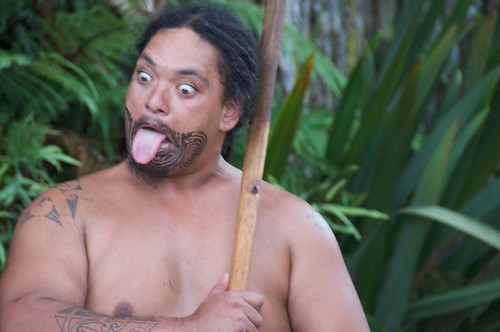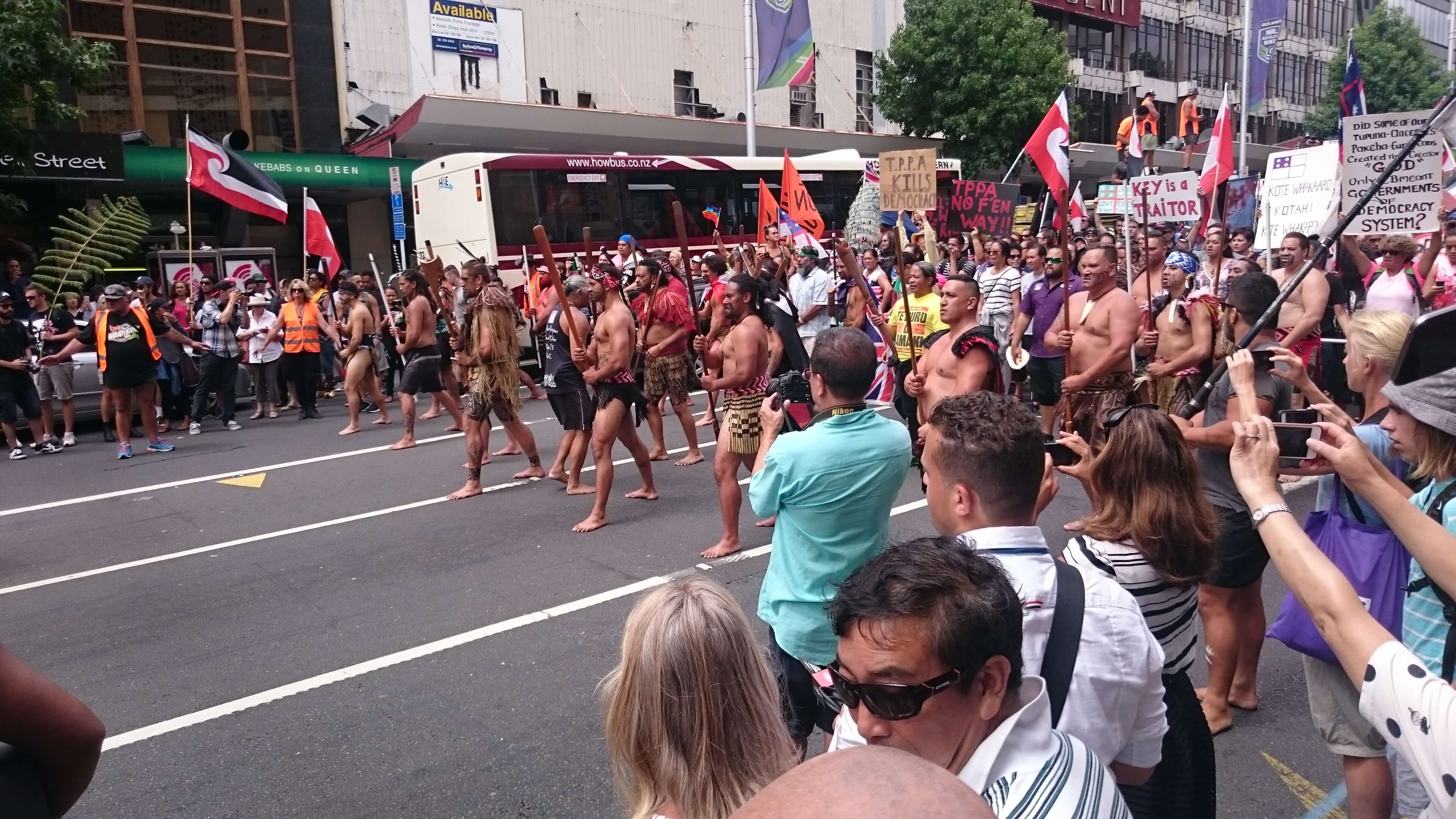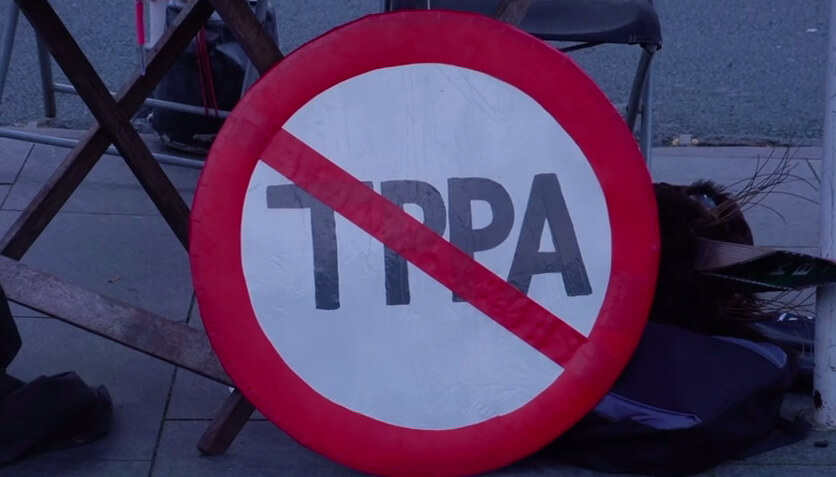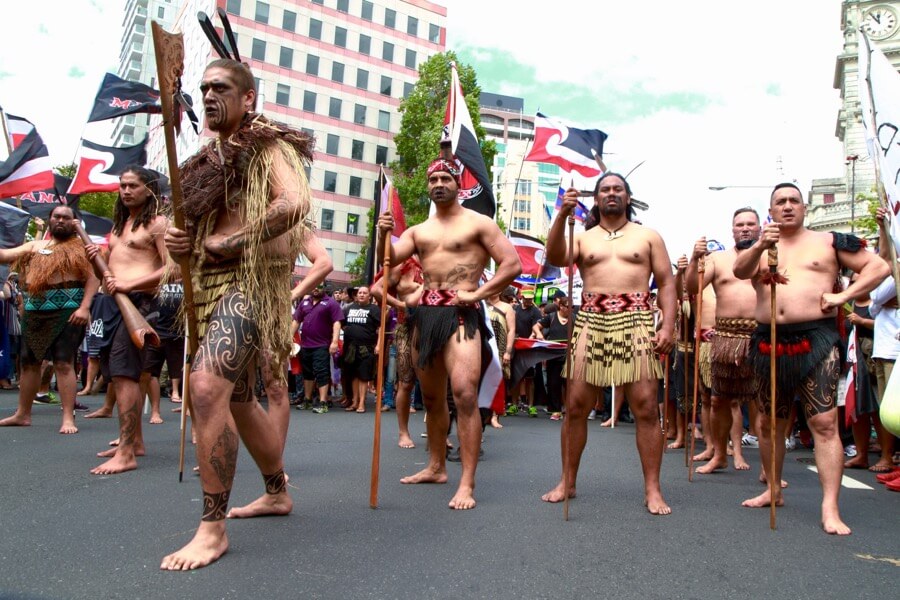 The Maori are the native or indigenous Polynesian people of New Zealand (Aotearoa – The Long White Cloud). They arrived in New Zealand from eastern Polynesia in several waves at some time before 1300 CE. Over several centuries in isolation, the Maori developed a unique culture with their own language, a rich mythology, distinctive crafts and performing arts. They formed a tribal society based on East Polynesian social customs and organisation. Horticulture flourished using plants they introduced, and after about 1450 a prominent warrior culture emerged.
The Maori are the native or indigenous Polynesian people of New Zealand (Aotearoa – The Long White Cloud). They arrived in New Zealand from eastern Polynesia in several waves at some time before 1300 CE. Over several centuries in isolation, the Maori developed a unique culture with their own language, a rich mythology, distinctive crafts and performing arts. They formed a tribal society based on East Polynesian social customs and organisation. Horticulture flourished using plants they introduced, and after about 1450 a prominent warrior culture emerged.
The arrival of Europeans to New Zealand starting from the 17th century brought enormous change to the Maori way of life. Maori people gradually adopted many aspects of Western society and culture. Initial relations between Maori and Europeans were largely amicable, and with the signing of the Treaty of Waitangi in 1840 the two cultures coexisted as part of a new British colony. However, rising tensions over disputed land sales led to conflict in the 1860s. Social upheaval, decades of conflict and epidemics of disease took a devastating toll on the Maori population. But by the start of the 20th century the Maori population had begun to recover, and efforts were made to increase their standing in wider New Zealand society. A marked Maori cultural revival gathered pace in the 1960s and is continuing.
In 2010, there were an estimated 660,000 Maori in New Zealand, making up roughly 15% of the national population. They are the second-largest ethnic group in New Zealand, after European New Zealanders (“Pakeha”). In addition there are over 100,000 Maori living in Australia. The Maori language is spoken to some extent by about a quarter of all Maori, and 4% of the total population, although many New Zealanders regularly use Maori words and expressions in normal speech such as “Kia ora”. Maori are active in all spheres of New Zealand culture and society, with independent representation in areas such as media, politics and sport.
The Maori face significant economic and social obstacles, with lower life expectancies and incomes compared with other New Zealand ethnic groups, in addition to higher levels of crime, health problems and educational under-achievement. Socioeconomic initiatives have been implemented aimed at closing the gap between Maori and other New Zealanders. Political redress for historical grievances is also ongoing.
Adapted from Wikipedia’s article on the Maori People




